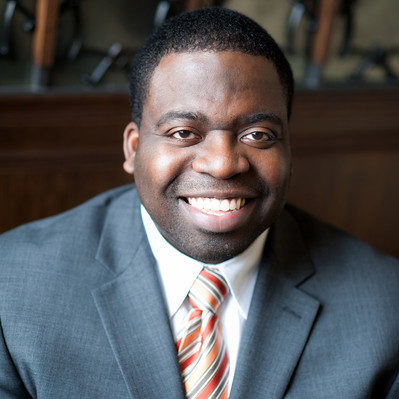It shouldn’t be a surprise as Sebelius did the same with mammogram recommendations. She said ignore the expert panel and then Republicans attacked health care anyway.
The advisory board recommendation that women at low risk of breast cancer should get fewer mammograms set off a firestorm of public debate this week and now it is going political too, affecting the health reform debate on Capitol Hill.
Two Republican Congresswomen, Rep. Marsha Blackburn, R-Tenn., and Rep. Sue Myrick, R-N.C., herself a breast cancer survivor, argued at a press conference today that the advisory board’s recommendation is a glimpse into what health care would be like if Democrats can pass their reform plans.
HHS Secretary Kathleen Sebelius, meanwhile, told women to ignore the new advisory recommendations for now.
“The U.S. Preventive Task Force is an outside independent panel of doctors and scientists who make recommendations. They do not set federal policy and they don’t determine what services are covered by the federal government,” said Sebelius in a written statement.
Charles Pierce’s goes hard on Secretary Sebelius at his place at Esquire:
In today’s episode of Guess Who’s Running For Re-Election?, the administration throws beneath a bus the 51 percent of the population that would like to control its own damn reproductive systems without having to ask permission of The Voice of Rick Santorum’s Penis.
via Morning After Pill News – A Lesson for Kathleen Sebelius Regarding the Pill – Esquire
This is the Democrats equivalent of the GOP’s “98% of climate scientists agree, but what about the other 2%”. If you ask experts to investigate something to deliver a recommendation on something that is supposed to hinge on their expert opinion, then you should follow their opinion. Or else you open yourself up to criticism that you wasted money in hiring a commission you then ignored. Seblelius’s reasoning to keep all girls under 16 from accessing Plan B? Sexually active 11 year olds:
In her own statement, Ms. Sebelius said, “After careful consideration of the F.D.A. summary review, I have concluded that the data submitted by Teva do not conclusively establish that Plan B One-Step should be made available over the counter for all girls of reproductive age.” She was referring to Teva Pharmaceuticals, the pill’s maker. She noted that 10 percent of 11-year-old girls can bear children, so they needed to be studied as well.
11 year old girls and boys who would have access to Plan B would also have access to condoms, codeine based medications and other crap at your local drug store. If an 11 year old kid is looking for contraception, than their ability to purchase plan B is not the biggest problem they have.
